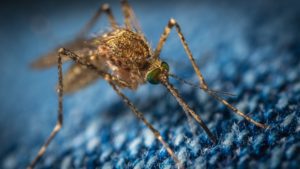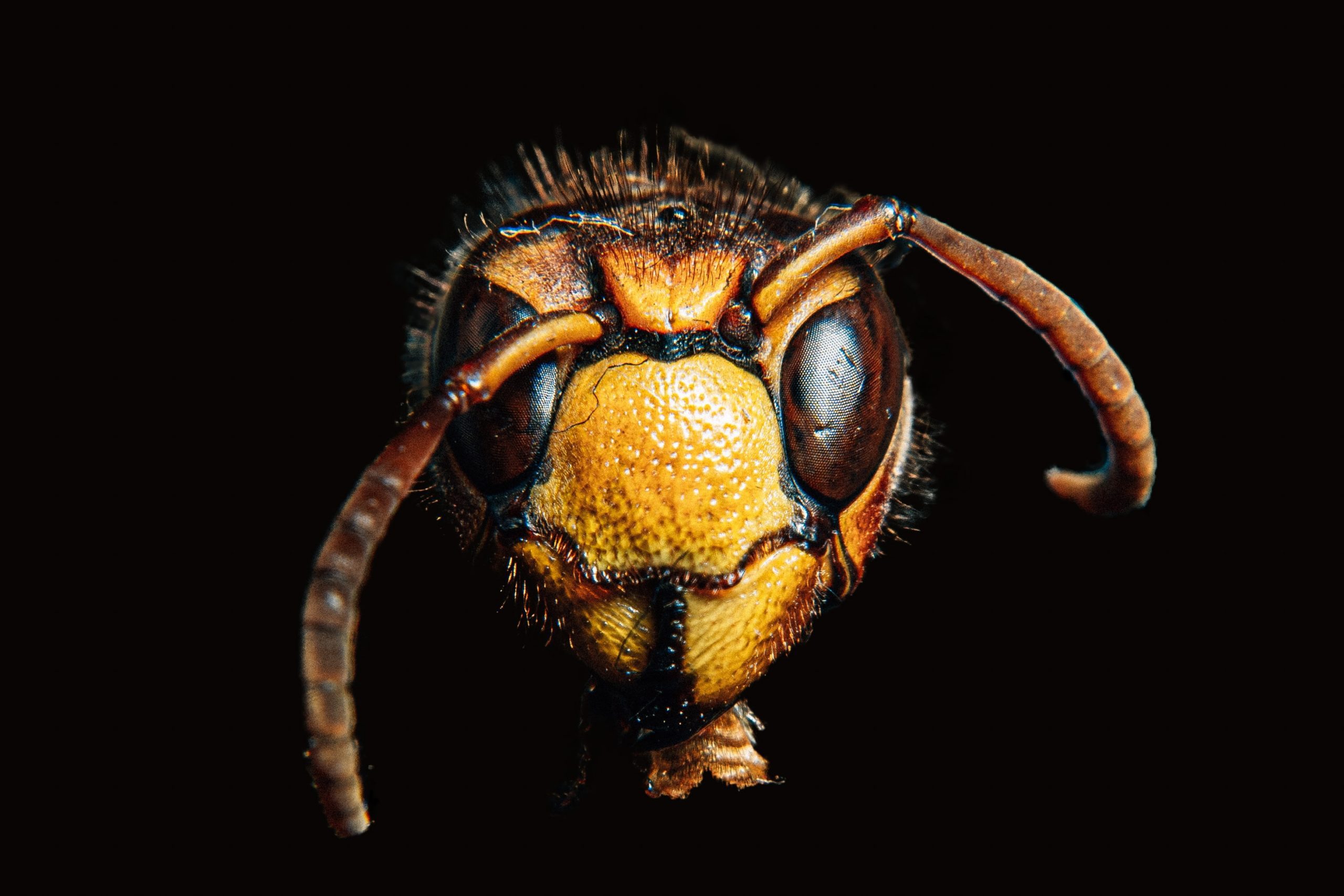TOMS RIVER, NJ – Last month, the media scare of the week was the dreader murder hornet that was spotted in the Pacific Northwest this spring, but scientists don’t believe it to be a threat the toe east coast of the United States. The murder hornet is actually the Asian giant hornet. The new nickname was given to the hornet by the media this year.
“The species has not yet been detected this spring and we do not expect them on the East Coast,” said Dina M. Fonseca, director of the Center for Vector Biology at Rutgers University. “We do not know how the species arrived in the United States but it is important to not overreact.”
Related: Get rid of your ticks and mosquitos today in New Jersey.
“The Asian giant hornet is unlikely to be present in New Jersey,” Fonseca said. “While citizens in the Pacific Northwest can help detect any emerging hornets this spring, which is critical for its control, the indiscriminate killing of bees, wasps, or other hornet lookalikes, would be detrimental because of beneficial roles these insects provide as plant pollinators and predators of agricultural pests.”
So what should New Jersey residents be worried about this year? Mosquitos and ticks. The unseasonably warm winter across much of the Mid-Atlantic could make for an unusually bad mosquito and tick season.
Related: New Jersey Tick Control.
 According to Pests.Org, who create an annual tick season forecast, “For 2020, forecasters predict that the warm-weather months in the US will be a bad time for anyone who wants to avoid ticks, with tick populations likely to be larger than usual, and weather conditions likely to put ticks in range of people for much longer than average. And while some regions, most notably the Southeast, may not see more tick activity than usual, most states will experience the warmer, wetter conditions that drive tick populations—and the prospect of tick-borne diseases—skyward.”
According to Pests.Org, who create an annual tick season forecast, “For 2020, forecasters predict that the warm-weather months in the US will be a bad time for anyone who wants to avoid ticks, with tick populations likely to be larger than usual, and weather conditions likely to put ticks in range of people for much longer than average. And while some regions, most notably the Southeast, may not see more tick activity than usual, most states will experience the warmer, wetter conditions that drive tick populations—and the prospect of tick-borne diseases—skyward.”
Tick season begins in April and ends by late October. Mosquito season is also now getting into full swing.
Related: How to get rid of mosquitos in New Jersey.
“High rates of mosquitoes are expected throughout the spring and summer in the Northeast in 2020. The expected wet weather combined with the heat—2020 is expected to be one of the six hottest years on record across the country—will bring more mosquitoes, thus the chance for more deadly diseases, to the area,” Pests.Org predicts. “Mosquito season will start in the Northeast around mid-April or early May, and it will last until mid- to late-October. On average, nighttime temperatures in the region dip below the magical 50-degree number in October, but depending on how warm this year is, it could stretch into November.”
Adam Horowitz, owner of LawnBuddy in New Jersey said he also expects to see a higher than normal level of mosquitos and ticks, saying Central New Jersey didn’t get cold enough this winter. For ticks to die off in the winter freeze, typically at least 10 more consecutive days of all-day sub-freezing temperature is required.
While the deep freeze doesn’t kill off all mosquitos and ticks, the warmer weather last winter doesn’t help homeowners at all.
Photo by Егор Камелев on Unsplash / Photo by Max Muselmann on Unsplash. For content marketing and placement call 732-575-4891.

